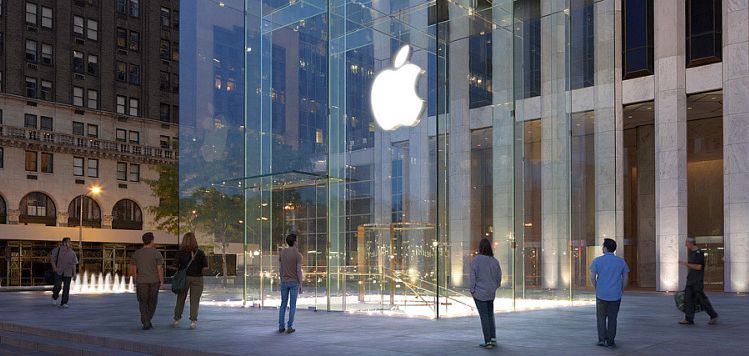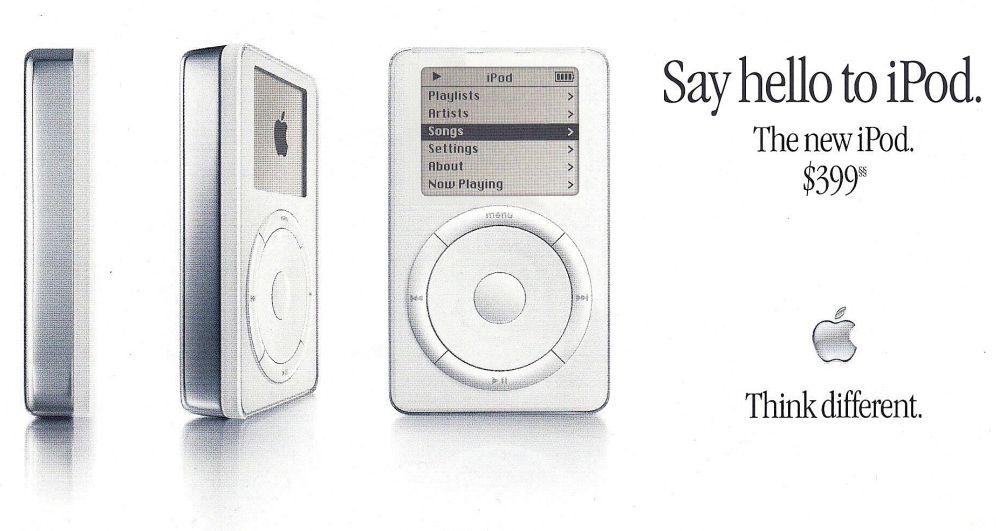I have been a keen observer of Apple for many years and have bought some of its products for personal use. There’s no doubt that Apple changes the status quo in technology with its exemplary products that are far ahead of the competition. However, after Steve Jobs passed away in 2011, we have not seen a radically new product (that’s if you exclude Apple Watch). In the post-Jobs era, Apple has been making incremental changes to its existing product lines. It gave us lighter, sleeker products with new colors like Rose Gold. And it has introduced new features like wireless earphones (AirPods), TouchID (fingerprint ID sensor), USB-C, Siri and the much publicized omission of the headphone jack.
However, Apple missed the boat for a number of innovations that other companies now have. These are:
- Dual rear cameras (Huawei Honor phones)
- Smart homes (Amazon Echo, Google Nest, Philips Hue etc)
- Autonomous vehicles (Tesla)
- Virtual Reality / Augmented Reality (Oculus Rift, Sony Playstation VR, HTC Vibe, Microsoft Hololens)
We know that the next version of the iPhone will have dual rear cameras. But Apple is playing catch-up. Instead, it should really reverse the trend and set the standards.
Having said that, I am grateful to Apple (and its team of engineers) for giving us light laptops with 12-hour battery life. How many other laptops can you find that are so light and run all day long?
 I am also thankful for the iPod and the iPhone — that set new standards for the music, movie and telecom industries. In the 1980s, I could never have imagined carrying thousands of songs (and CDs) in my pocket! I mixed C-90 cassette tapes myself, and the maximum I could squeeze in (both sides) was 24 songs! Fraunhofer Institute also gets the credit for creating MP3.
I am also thankful for the iPod and the iPhone — that set new standards for the music, movie and telecom industries. In the 1980s, I could never have imagined carrying thousands of songs (and CDs) in my pocket! I mixed C-90 cassette tapes myself, and the maximum I could squeeze in (both sides) was 24 songs! Fraunhofer Institute also gets the credit for creating MP3.
OPPORTUNITIES AHEAD
I think the future of technology will be governed by software (not hardware). Intelligent software that preempts actions, prompts, informs, and acts proactively — will be in demand. And natural human interfaces will be the norm. Anyone should be able to use the software with minimum training. We should be able to use it in the most natural ways.
Yet, beneath those simple interfaces lie layers of complexity, hidden away from us. There would be complex algorithms for machine learning, enabled by artificial intelligence. And development could become code-less – a drag-and-drop affair.
That’s the big opportunity for Apple. It needs to become a software company first and then a gadgets maker.
Over the years Apple has made some great software, with simple, intuitive, visually appealing interfaces. Even toddlers can use its software with minimal training. That’s why Apple has a lot of success in the education and creative industries.
So Apple does have the capabilities to make this intelligent software. It can borrow notes from Salesforce, for example. Salesforce is the maker of a popular CRM application. It has now embedded artificial intelligence into all its products. So the applications study customer and transactional data, and using analytics, throws back intelligent suggestions at salespersons and marketers. This makes them a lot more productive. You can read more about it here.
In conclusion, I have to say that the opportunities for Apple lie in intelligent software.
The ‘i’ that prefixes its product names should now stand for ‘intelligent’.









